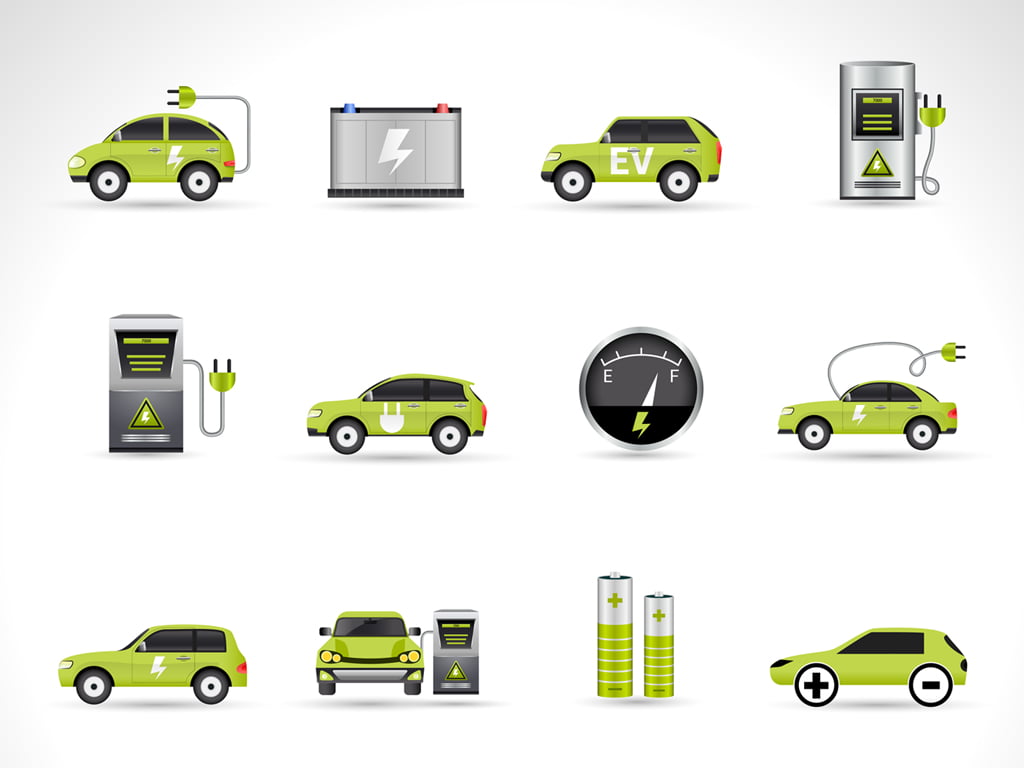Owning a car allows you more freedom. Whether you’re commuting to work or you’re on the school run, having a car to get you from A to B is a convenient and reliable way to get around. Cars can be expensive, using a financial package or loan is a popular choice for most of us and is more affordable than buying a car outright. Even if you’ve struggled to get loans approved in the past, there are bad credit car loans that can help. Based on affordability and not solely on your credit score, there will be something to suit you. When you’ve chosen how to finance your car, you must then choose the right vehicle for you. Below, we’ll explore hybrid cars to help you decide if a more environmentally friendly option would be right for you.
What is a hybrid car?
A hybrid car combines a conventionally fuelled car with an electric car. It helps to bridge the gap between the two if you’re not quite ready to fully commit to an electric vehicle just yet. A hybrid car combines a petrol or diesel engine and an electric motor that both work together to power the vehicle. In general, the electric engine powers the car at a lower speed, and petrol or dieselpowers the engine when the car reaches higher speeds. There are different types of hybrid vehicles, from plug-in hybrids to self-charging hybrids, which we will explore in more detail below.
What is a plug-in hybrid?
A plug-in hybrid car is a vehicle with a battery that can be charged by plugging a charging cable into it via an electric power source. This is used in addition to its onboard traditional combustion engine. You can charge up at stations that are popping up in car parks and garages, and you can also opt to have a charging point installed at your home so you can charge up when you’re not driving. But are they really any different from self-charging hybrid cars?
What is a self-charging hybrid?
Self-charging hybrid cars use energy that would usually be lost when braking to recharge the battery. All electric cars do this, but plug-in hybrid and fully electric cars need a little bit of extra topping up with the help of a main source of power. Self-charging hybrids can save you money on fuel costs, and contribute lower CO2 emissions than conventional petrol cars, but they do tend to be more expensive than non-hybrids and the batteries are known to take up some boot space.
Do you pay less tax with a hybrid?
There are various tax incentives to be considered if you’re thinking about buying a hybrid car. Whilst tax incentives aren’t as good as they used to be, hybrid vehicles can still come with tax benefits and are still less than what you pay for a petrol or diesel car.
Benefits
Before you make your decision on whether a hybrid car is a good choice for you, it is always best to weigh up the pros and the cons. Here are a few advantages of hybrid cars:
More environmentally friendly
A hybrid car can be seen as a stepping stone between your traditionally fuelled car and a fully electric car. Whilst they are not as clean as electric cars because they do still use an engine, they are significantly cleaner and more eco-friendly than your petrol-powered vehicles. In a hybrid car, you get the best of both worlds – an electric motor and an engine that work together, to reduce overall fuel consumption.
No worrying about range
If you were going to choose a fully electric vehicle, you must consider how far you’re driving, if your car can make it that far on one charge, and you’d have to research charging points if you were traveling long distances. With a hybrid, you don’t have to worry. They are much more convenient when embarking on longer drives, and you don’t have to worry about running out of charge. Even if you have a plug-in hybrid, if your charge runs out, the engine will kick in to get you where you need to be safely and on time.
Smooth drive
If you’ve ever had an electric car drive past you, you’ll be aware that they make virtually no noise. With a hybrid, a lot of the noise is eliminated which offers a smoother and quieter journey, not just for the driver but for the passenger too. Hybrids are all-around more peaceful and at lower speeds, the sound of the car is almost completely undetectable. If you’re looking for a car that feels more modern and drives with ease, a hybrid car could be a good option for you.
Drawbacks
To help you to decide if a hybrid car could be the one for you, with the positives, we also must explore the negatives. Here are a few drawbacks of hybrid cars to help you compare:
More expensive
If you have a budget in mind for how much you’d like to spend on a car, you might be looking at the top end of that figure if you opt for a hybrid. Although the gap between petrol and diesel-fuelled cars and hybrid cars is closing, hybrids tend to be slightly more expensive due to the technology that they use. Depending on how you look at it, you could say that the price of the car is offset by the tax exemptions and lower overall running costs.
Responsible for more accidents
As discussed previously, hybrid cars make almost no noise when they’re running. This is good for the driver and the passengers in the car, but for pedestrians, it can cause issues. It has been said that the warning that you’d usually get when you hear a car coming towards you is eliminated with these vehicles and can contribute to road traffic collisions.
Higher maintenance cost
With hybrid cars using both engine and electric motors, if something goes wrong and must be fixed, it could end up more costly having to maintain both elements. There is also the worry that not all garages will have the knowledge or equipment available to deal with hybrid cars.






